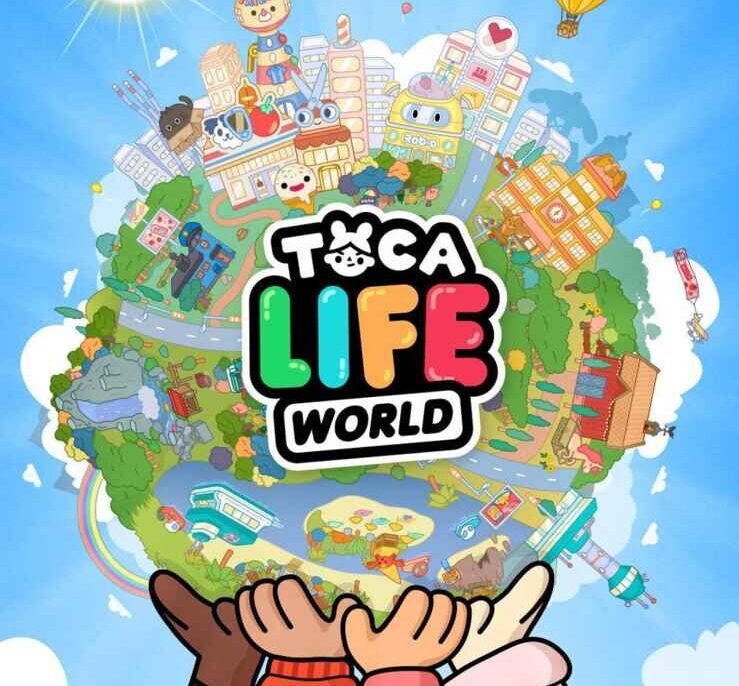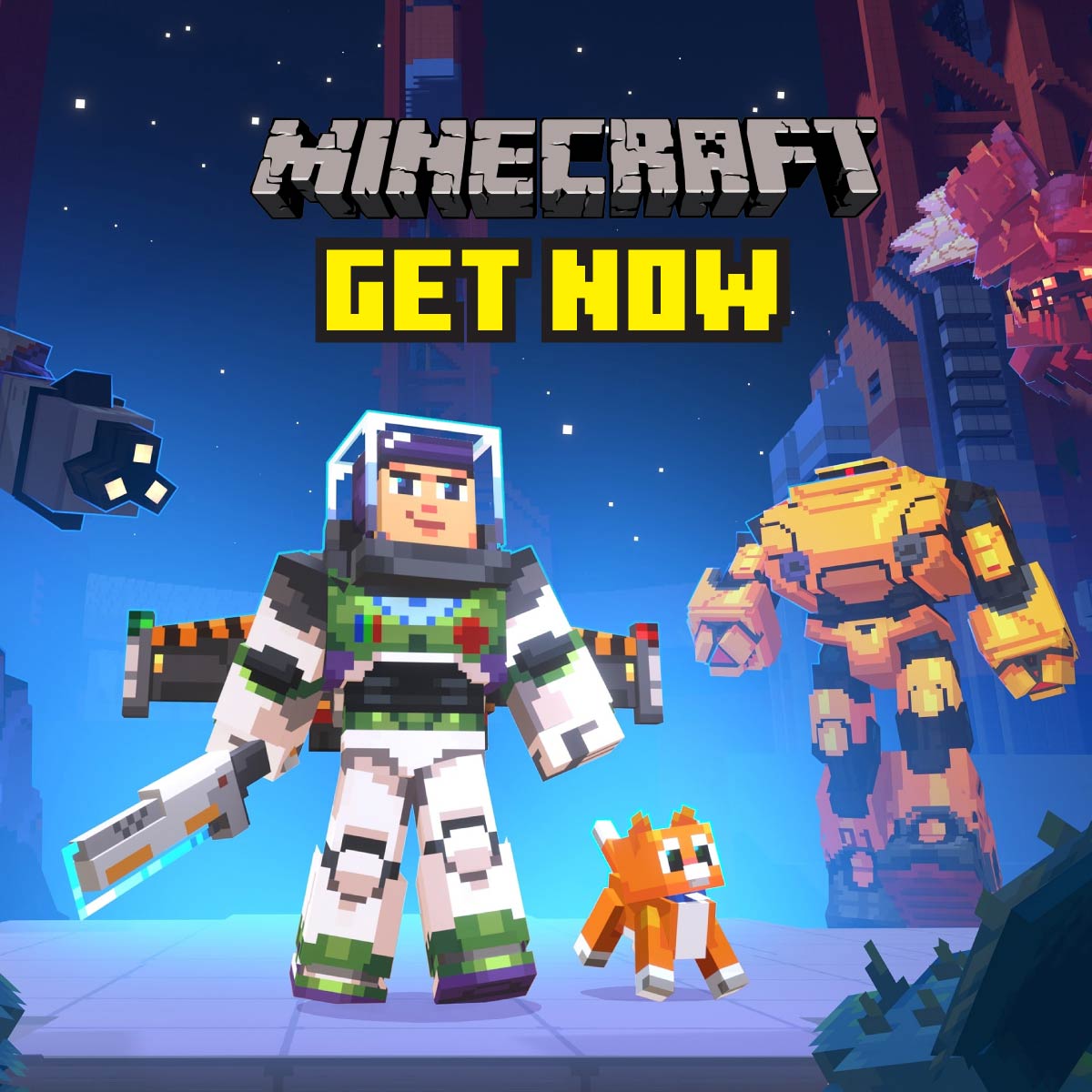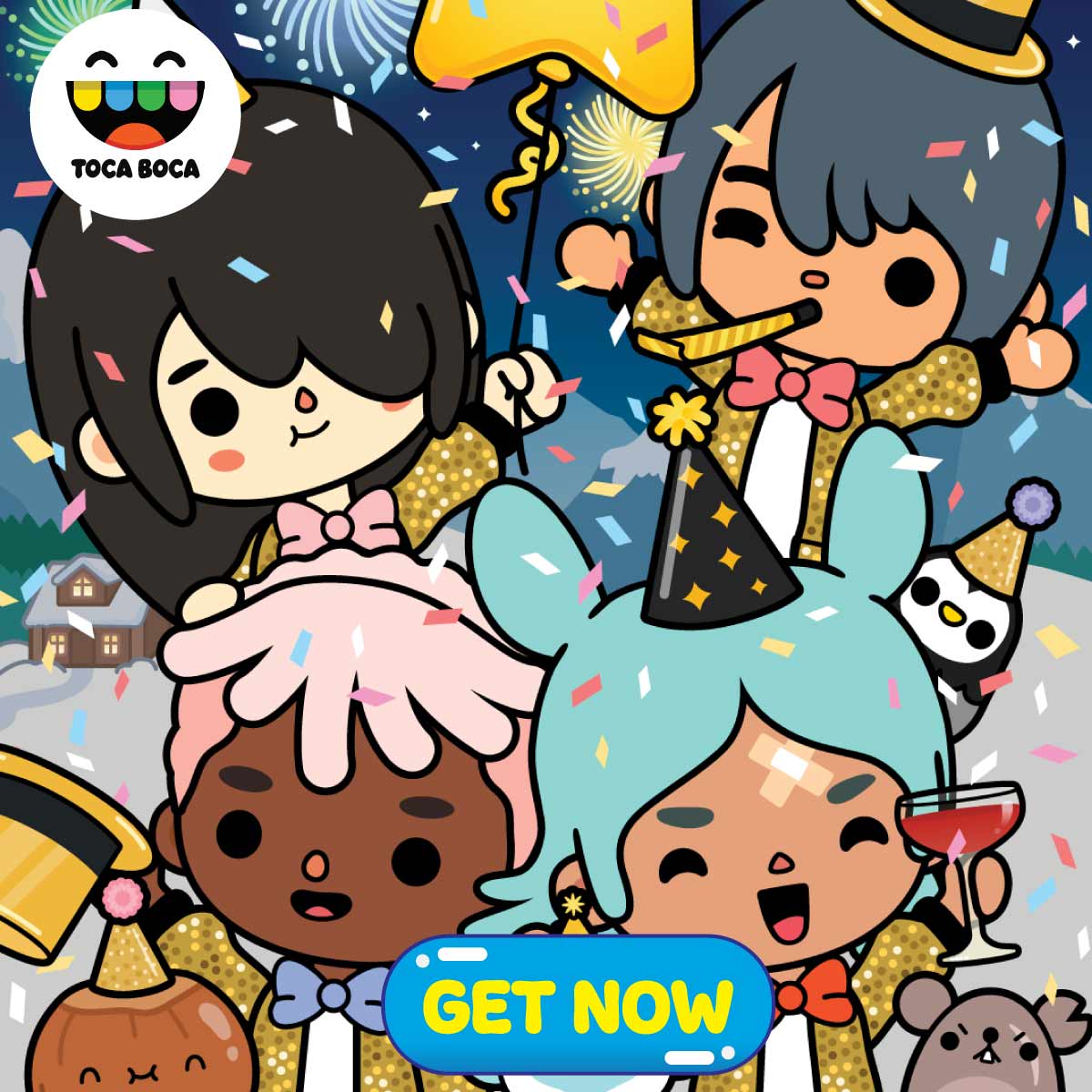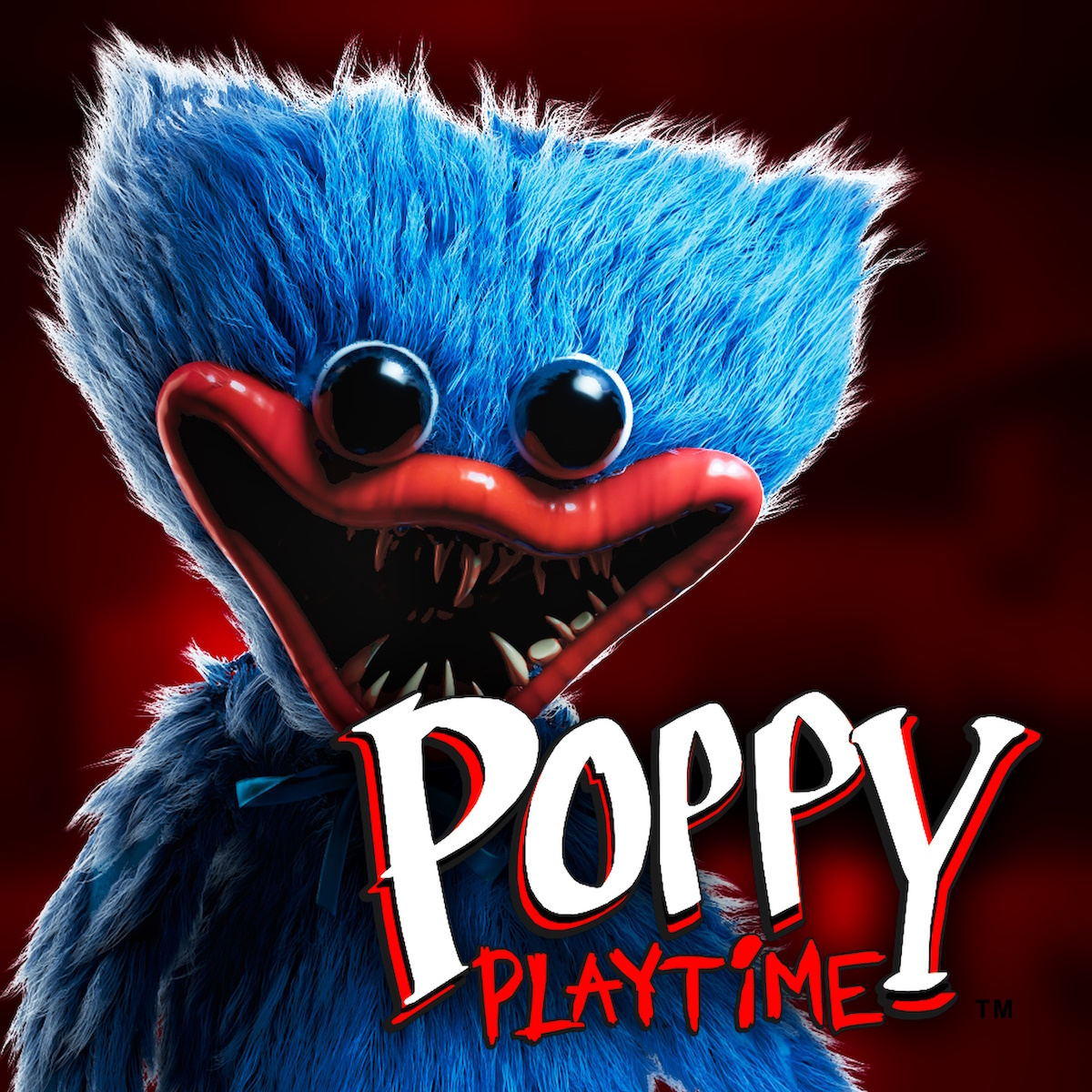Toca Boca World, the beloved sandbox-style game designed for children, has captured the hearts of millions with its vibrant art style, engaging gameplay, and safe, creative environment. However, beneath its seemingly perfect exterior lies a contentious issue that has sparked debate among players, parents, and critics alike: its monetization strategy. This article delves deep into the complexities of Toca Boca World's monetization system, exploring how it impacts the user experience, the ethics of targeting children with in-app purchases, and what the future holds for the game.
The Rise of Toca Boca World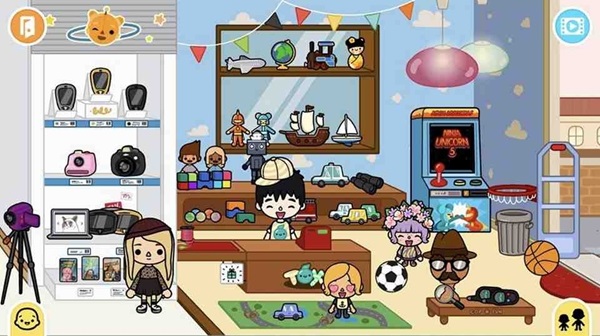
Toca Boca World launched as a culmination of the developer’s vision to create an all-encompassing digital playground for kids. Players can explore a virtual world, design their own spaces, and interact with a diverse cast of characters. With no explicit goals or competitive elements, the game emphasizes freeform creativity and fun.
The Appeal to Children and Parents
Toca Boca’s promise of being a safe, ad-free space for kids was a major selling point. Many parents appreciate the game for its educational value and the way it nurtures their children's imagination. The colorful graphics and intuitive gameplay further add to its appeal.
A Transition to Freemium
While early Toca Boca games followed a paid, one-time purchase model, Toca Boca World adopted a freemium structure. The base game is free, but numerous expansions, character packs, and customization options are locked behind paywalls. This shift marked the beginning of a significant controversy.
Understanding the Monetization Model
The freemium model in Toca Boca World primarily revolves around in-app purchases. While players can access the base game for free, the true depth of the experience requires financial investment.
The Role of Expansion Packs
Expansion packs introduce new locations, characters, and items, significantly enriching gameplay. These packs are priced individually, and their combined cost can quickly escalate. For instance, adding a new neighborhood or a set of unique characters might cost anywhere from $1.99 to $9.99.
Subscription Services
In addition to individual purchases, Toca Boca offers a subscription model called "Toca Life World All Access." This provides access to all existing and future expansions for a recurring monthly or annual fee. While convenient for heavy users, the subscription’s cumulative cost over time raises questions about its affordability.
The Ethical Dilemma
The monetization model in Toca Boca World has raised concerns, particularly regarding its target audience: children. Critics argue that this approach exploits young players and their parents.
Children and Impulse Buying
Children, by nature, have limited understanding of financial concepts. They may struggle to grasp the implications of in-app purchases, especially when brightly colored advertisements for new expansions are seamlessly integrated into the game.
Parental Oversight
Many parents find themselves in a difficult position. On the one hand, they want to support their child’s creativity and enjoyment of the game. On the other hand, they are wary of the cumulative cost of expansions and subscriptions, which can amount to hundreds of dollars over time.
Transparency and Informed Choices
While Toca Boca provides information about its in-app purchases, critics argue that the game could do more to ensure transparency. Some have called for clearer pricing structures and parental controls to prevent unauthorized spending.
Impact on User Experience
The freemium model has undeniable implications for gameplay. While the base game offers a solid foundation, many players feel that it falls short without the additional content unlocked through purchases.
A Fragmented Experience
Players who choose not to spend money often experience a limited version of the game. Key features, such as unique items or interactive locations, remain inaccessible, potentially leading to frustration.
Fostering Inequality
This divide between paying and non-paying players creates a sense of inequality within the game’s community. Children who cannot access expansions may feel excluded when their peers discuss the latest additions.
The "Pay-to-Play" Criticism
Critics have labeled Toca Boca World’s monetization model as "pay-to-play," arguing that it prioritizes profit over user satisfaction. This perception has led some families to abandon the game altogether.
Comparisons with Competitors
Toca Boca World is not the only game facing scrutiny over its monetization strategy. Similar games, such as Roblox and Minecraft, also employ in-app purchases but differ in their approach.
Roblox: User-Generated Content
Roblox relies on user-generated content and a virtual currency system. While this model encourages creativity, it has also faced criticism for targeting children with microtransactions.
Minecraft: One-Time Purchase
In contrast, Minecraft offers a one-time purchase option for its base game, with optional expansions available at an additional cost. This model has been praised for its simplicity and transparency.
Community Feedback
The Toca Boca community has been vocal about its concerns regarding the game’s monetization. Online forums, social media platforms, and app store reviews are filled with discussions on the topic.
Common Complaints
Parents and players frequently express frustration over the cost of expansions and the pressure to make additional purchases. Many suggest that the game’s pricing is excessive, especially considering its target audience.
Calls for Change
Some community members have proposed alternatives, such as bundling expansions at a discounted rate or offering more free content to non-paying users. These suggestions aim to strike a balance between profitability and accessibility.
Positive Feedback
Despite the criticism, many players continue to praise Toca Boca World for its creativity and educational value. Some parents are willing to invest in expansions, viewing them as worthwhile additions to their child’s experience.
The Developer’s Response
Toca Boca has acknowledged the feedback from its community and made efforts to address some concerns. However, significant changes to the monetization model have yet to be implemented.
Justifying the Costs
The developers argue that in-app purchases are necessary to sustain the game’s development and provide regular updates. They emphasize that all purchases are optional and that the base game remains free to play.
Implementing Parental Controls
In response to concerns about unauthorized spending, Toca Boca has introduced parental controls and payment verification options. While these measures are a step in the right direction, critics argue that they do not address the underlying issue.
Potential Solutions
To address the controversy surrounding its monetization, Toca Boca could explore several strategies.
Enhanced Transparency
Providing clearer information about pricing and the value of expansions could help parents make informed decisions. This might include detailed descriptions, previews, or trial periods for new content.
Alternative Payment Models
Offering discounted bundles or a lifetime access option could make the game more affordable for families. Additionally, introducing a reward system for loyal players might encourage engagement without relying solely on purchases.
Expanding Free Content
Adding more free content to the base game could reduce the disparity between paying and non-paying users. This might include rotating free expansions or seasonal events accessible to all players.
Conclusion
Toca Boca World’s monetization strategy remains a polarizing issue. While the game’s creativity and educational value are undeniable, its reliance on in-app purchases has sparked ethical concerns and impacted the user experience. By listening to its community and exploring alternative approaches, Toca Boca has the opportunity to strike a better balance between profitability and accessibility.
